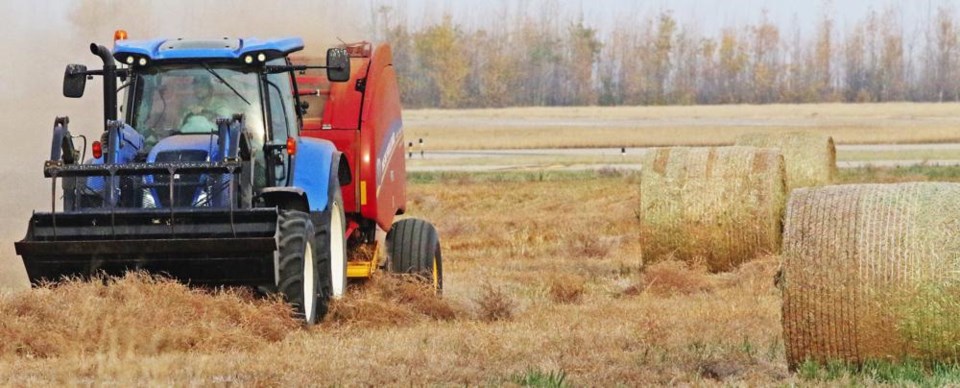The survey by the Agricultural Producers Association of Saskatchewan found 75 per cent of roughly 200 respondents couldn't fulfill grain contracts after a dire drought baked their fields earlier this year.
"This issue is fairly widespread across the province, just like the drought was," APAS president Todd Lewis said.
"Producers and grain companies have had to struggle with this over the last number of months."
Respondents were also concerned about the lack of transparency around calculating buyout and administrative fees.
It was a common complaint during harvest, when rural groups and the province asked grain companies to be flexible with contracts that grain farmers had no hope of fulfilling.
Reported buyout provisions ranged from $20,000 to more than $300,000. Interest rates on unpaid amounts ran up to 19 per cent, according to the survey.
The severity of this year's drought created the largest payout for crop insurance in the province’s history, to the tune of $2.4 billion, Finance Minister Donna Harpauer reported on Monday.
Wade Sobkowich, executive director of the Western Grain Elevator Association, noted the survey may not be a representative sample, but that doesn't diminish the issue.
"There's a group out there that really got caught on the wrong side of their contracts," he said.
"That's not good for them; that's not good for us."
Sobkowich said grain companies have also been losing revenue without the tonnes they expected to export.
He expects them to emphasize proper communication with farmers so both parties are making informed decisions about the risk they're taking on, he said.
"You can't go through a unique and impactful situation like we did this year and not evaluate and try and learn from it."
Recent Statistics Canada numbers comparing January to September in 2020 and 2021 show total crop receipts were up by 9.6 per cent, with non-durum wheat up roughly 14 per cent and durum wheat up about 32 per cent.
Sobkowich said that shows some farmers may have reaped the rewards from fulfilling those contracts during the drought.
"What this demonstrates is that some producers may have gained significantly at the expense of others," he said.




